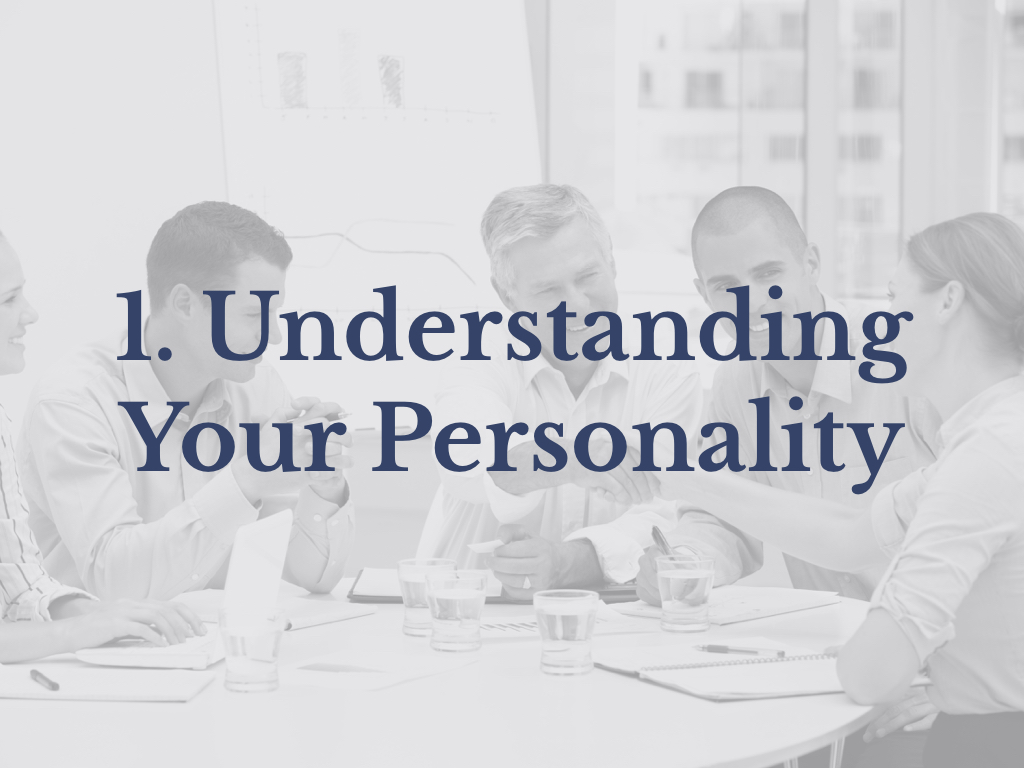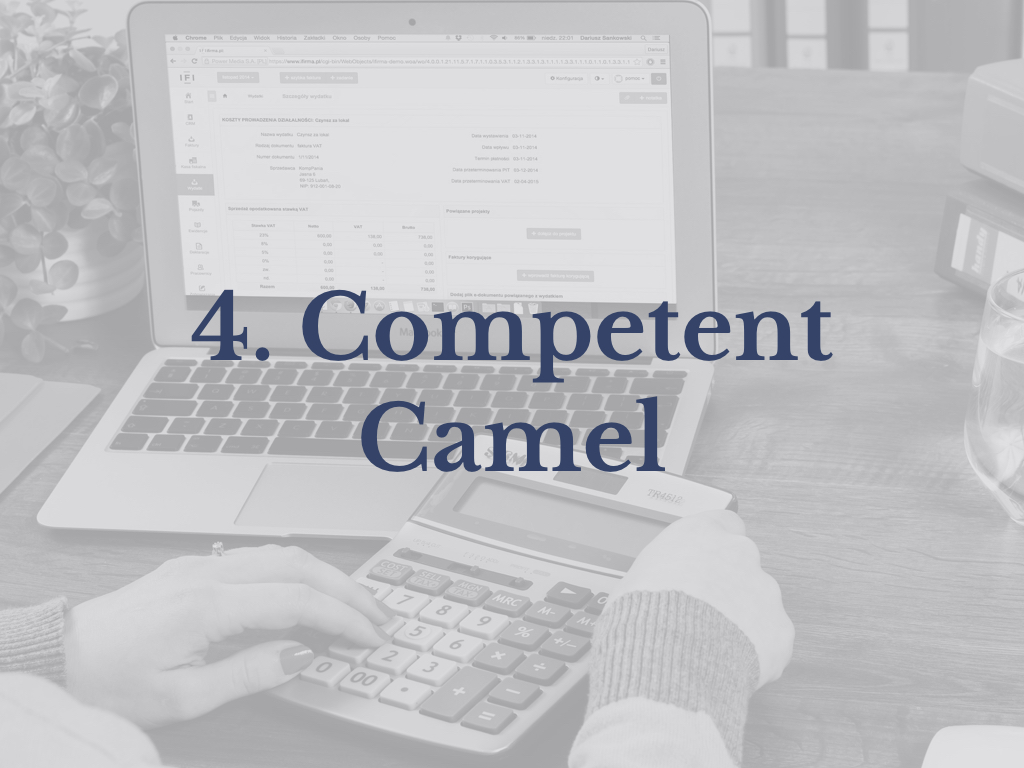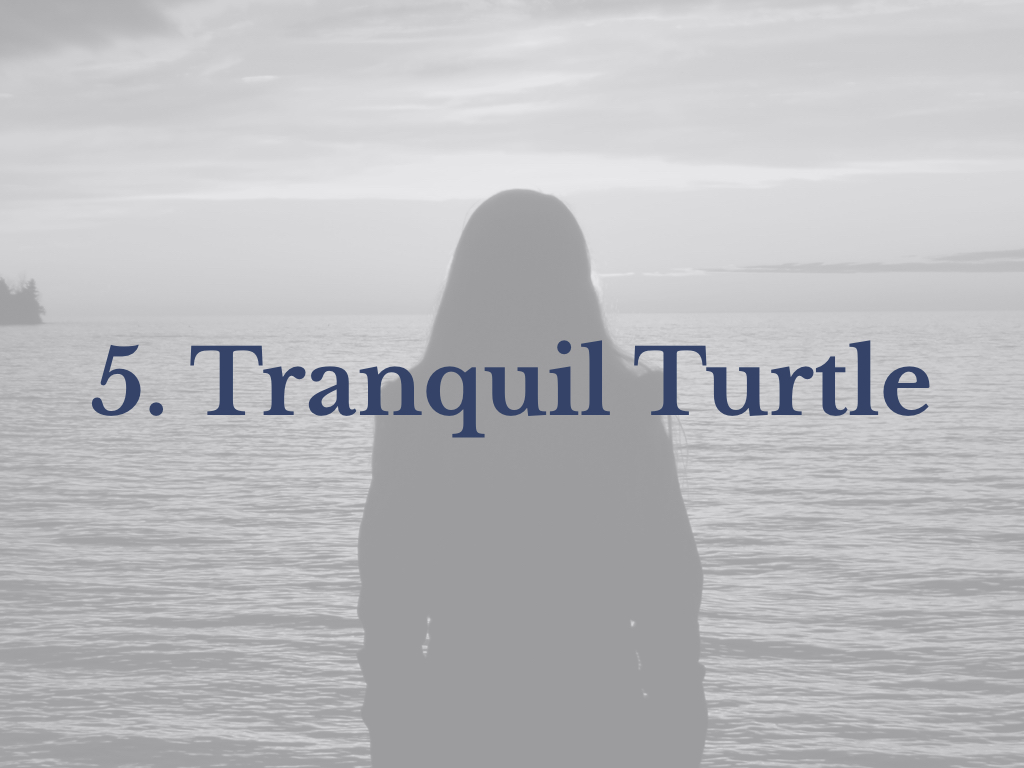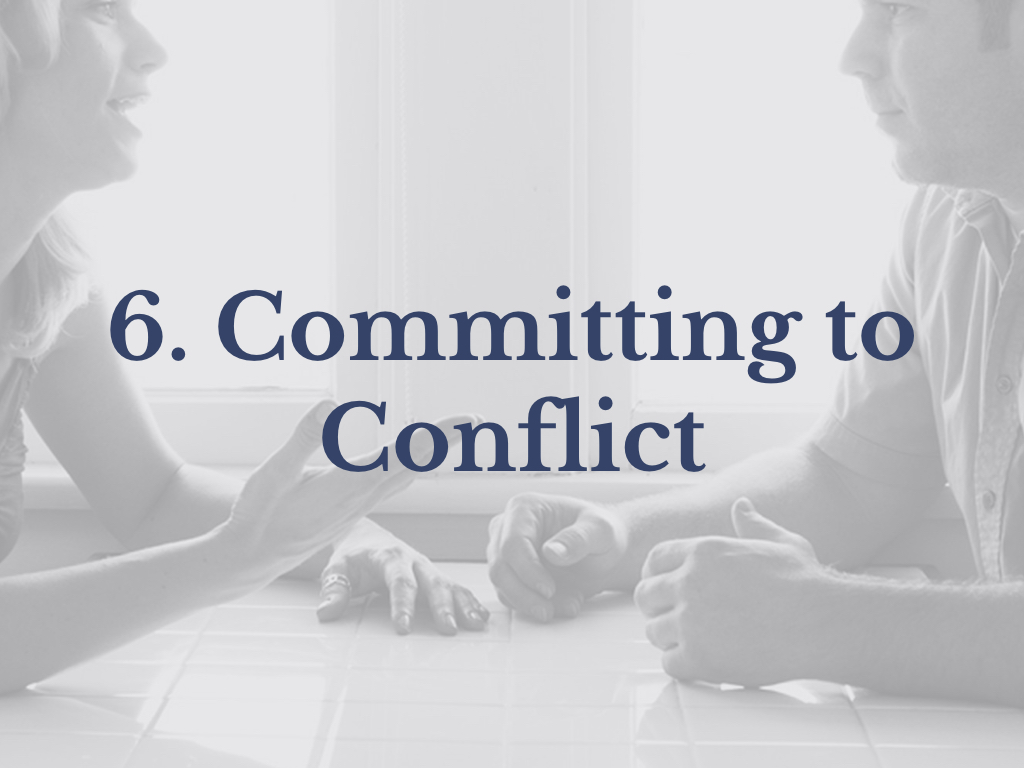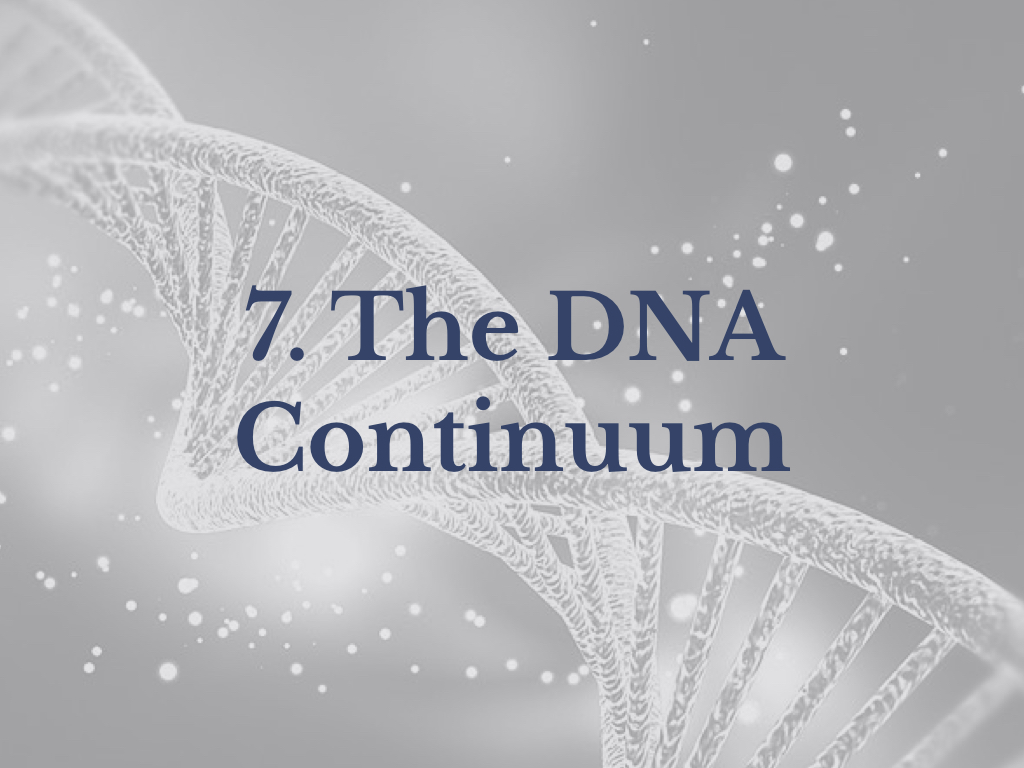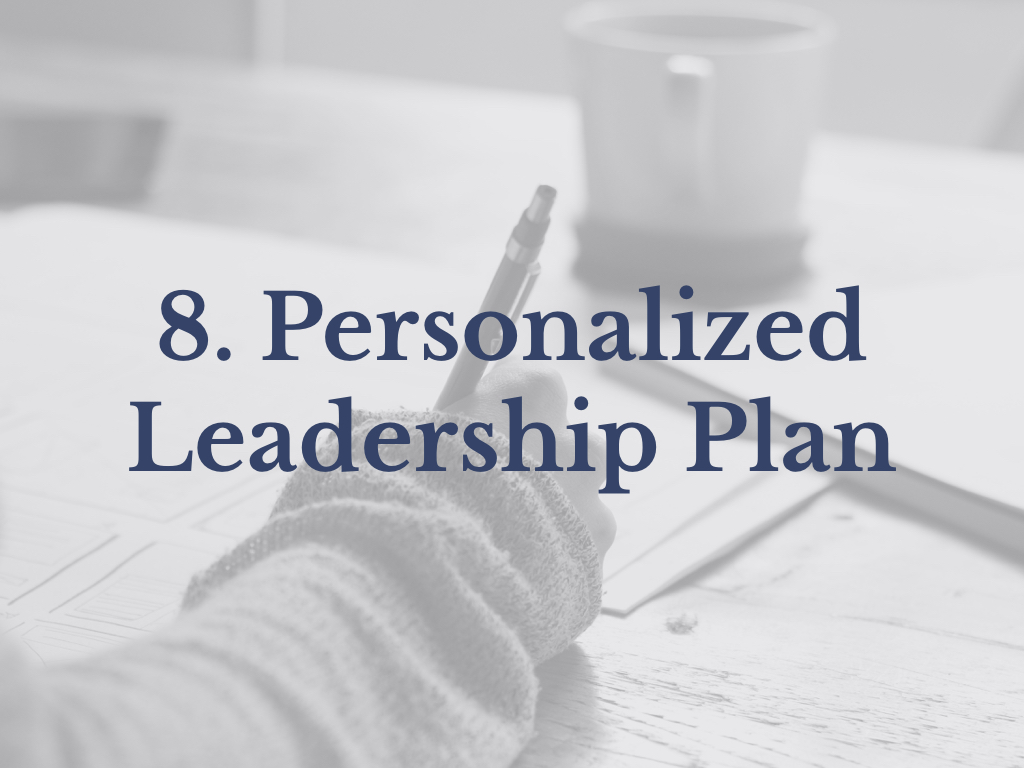How to Deal with Conflict in a Relationship
Anytime two or more people work closely together, conflict is not likely—it is certain. Here are just a few of the contributing factors: varying values, varying life experiences, varying educational foundations, varying personalities, varying goals, varying __________ (you fill in the blank). Learning how to deal with conflict in a relationship is, therefore, essential to a person's success in the workplace.
Most people do not like conflict. Some would even add that they avoid it at all costs. Here are the most common reasons people avoid conflict:
PEOPLE DON'T LIKE CONFLICT DUE TO BAD PAST CONFLICTS
Bad conflicts can involve a multitude of elements, such as yelling, criticizing, blaming, mocking, sarcasm, intimidation, and even threats or physical violence. When a person has lived through conflicts that were exceptionally difficult and ended negatively, they may shy away from interactions that have the potential for a similar outcome. The image that comes to mind is of the abused dog named Mo that my family rescued. When we attempted to pet him, he crouched down, afraid of being hit again.
PEOPLE DON'T LIKE CONFLICT DUE TO THEIR DIFFICULTY EXPRESSING THEMSELVES
A usually articulate person may become almost speechless when tension arises. This individual can possess superior knowledge and skill and yet still feel intimidated by the one who thrives in these environments. In contrast, another person may be energized by the tension and have no problem sharing their thoughts confidently. It’s important to understand that we don’t all deal with conflict in the same way and we need to be aware of the personality of the person we’re in conflict with to make the conversation constructive.
PEOPLE DON'T LIKE CONFLICT DUE TO PHYSIOLOGICAL RESPONSES
Simply put, conflict doesn't feel good. According to an article by Diane Musho Hamilton in the Harvard Business Review, conflict can wreak havoc on the brain. When a person perceives a threat, a cascade of chemicals is released in the body, including stress hormones like adrenaline and cortisol. Immediately they experience increased heart rate, sweaty palms, tightening in the jaw, and disorientation, among other things. This will impede their ability to think clearly. It’s important to avoid the triggers that can make an individual feel threatened during conflict.
So How SHOULD You Deal With Conflict?
On occasion I have felt the complete list of physiological responses to conflict—immediately and all at the same time! You probably have, as well. What happens in the body is authentic and can hinder one's ability to correctly interact during conflict. With that information in hand, "pausing" is a sensible first step to dealing with conflict in the workplace. Instead of speaking right away, be silent for a few seconds. Take a deep breath. "Pausing" gives your physical body time to settle down when confronted with an unexpected conflict. "Pausing" gives your mind time to grasp clarity of thinking before engaging in the conflict. "Pausing" gives your emotions time to push aside subjectivity to gain objectivity. Diane Musho Hamilton refers to it as "calming our brain."
Conflict in relationships is certain. The discomfort of it is real, both psychologically and physiologically. When it happens, our first thought should be to "pause." It will make a difference!
Learn more effective techniques for handling conflict in a relationship with our leadership training course. Enroll today and make a difference tomorrow!



